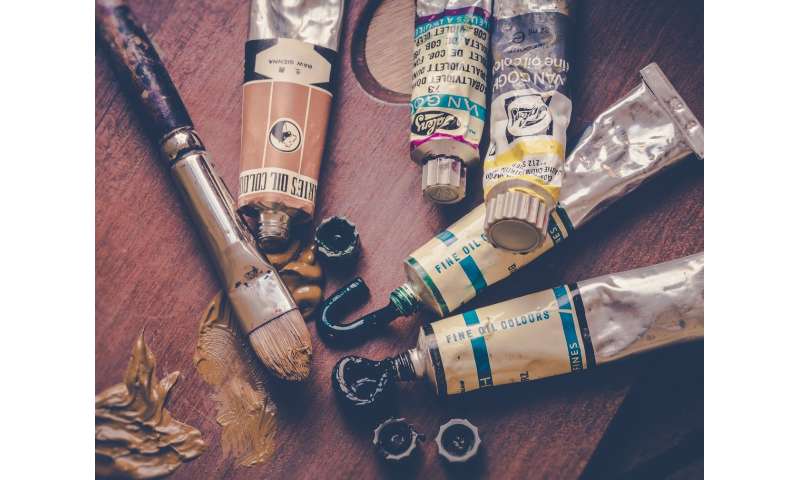How can you beat the COVID-19 blues? Find your flow


UC Riverside researchers who have studied people under quarantine in China say the best protection against COVID-19 stress is to participate in all-consuming activities.
In fact, finding the right activity could mean you experience the same well-being during the long quarantine as you would when not in quarantine, UC Riverside psychology researcher Kate Sweeny asserts.
“It’s a bold statement. But there are lots of reasons for this, and the data are compelling,” said Sweeny, a professor of psychology. “Flow seems to mitigate the negative effects of quarantine.”
“Flow” is the term researchers use to describe a state of complete immersion in an activity. Flow activities are so all-consuming that it’s difficult to think of anything else. People achieve flow variously by playing video games or using a foreign language app. Activities such as baking, woodworking, and jogging could qualify, depending on the level of challenge. Reading and watching TV, while enjoyable, aren’t flow activities.
Sweeny has studied the phenomenon of flow before. In the past, she asserted flow activities may be the best remedy for escaping the worry that comes with periods of uncertain waiting.
In the current study, Sweeny and her graduate student Kyla Rankin analyzed data collected in February—during the peak of China’s COVID-19 quarantine—by her UCR colleague, Weiwei Zhang, and a team of Chinese researchers. The study has not yet been published in a journal, but a pre-print version is available online.
The study involved more than 5,000 people ranging in age from 15 to 71. The participants were asked to complete an online survey assessing their experiences during the previous week related to flow, well-being, and mindfulness—which entails focusing on the present moment, either through meditation or other mindfulness practices. The goal of the study, Sweeny said, was to identify strategies for managing distress, particularly among those experiencing quarantine.
Not surprisingly, Sweeny said, her study shows people are less happy under quarantine than not. And the longer the quarantine, the less happy the respondents were.
Those who engaged in flow activities reported more positive emotion, less severe depressive symptoms, less loneliness, more healthy behaviors, and fewer unhealthy behaviors. The benefits became greater as the quarantine continued.
“Flow significantly moderated the relationship between quarantine length and most measures of well-being,” the authors report in the study. “In fact, people in a lengthy quarantine who reported higher-than-average flow experiences in the past week were no worse off than people who were not yet quarantined.”
Though the study included only subjects in China, the authors wrote: “Our findings provide timely guidance to those experiencing distress associated with quarantine conditions,” wherever people are experiencing them now.
“As a quarantine wears on, people may find that the tedium of isolation allows their worries to run wild, with little else to keep their mind occupied. If instead people can find activities that absorb their attention, the days feel shorter and the weeks, therefore, more tolerable.”
In closing, Sweeny wrote: “The time will pass more quickly if you find your flow.”
As for her own quarantine experience, Sweeny said she has been achieving flow by learning Spanish on the language-learning app Duolingo.
“Lots of people tell me they’re baking bread, and cleaning out their closets,” Sweeny said. “When you’re feeling antsy, look for activities that are engaging.”
Source: Read Full Article